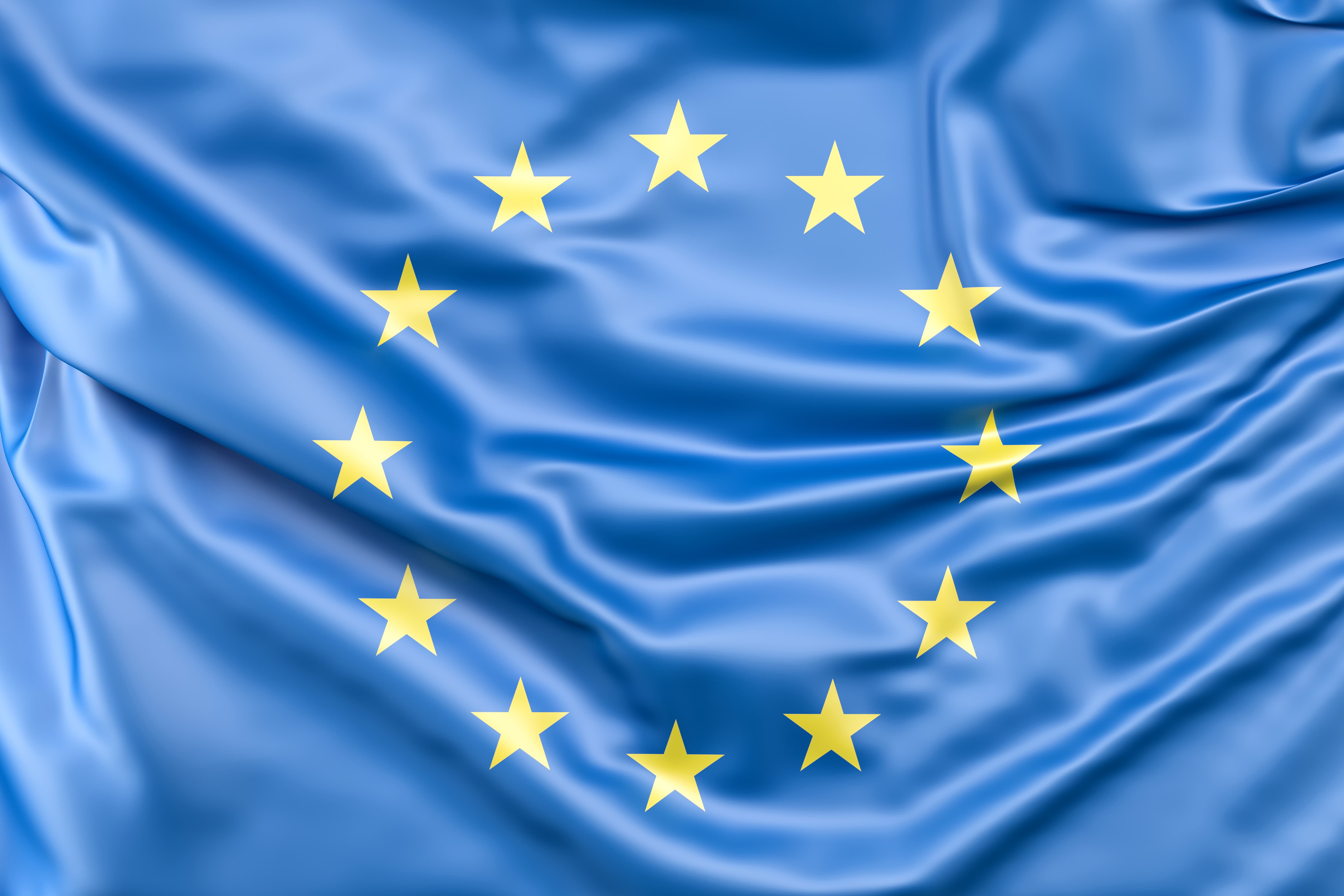The European Commission unveiled the Culture Compass for Europe, a framework designed to place culture at the heart of the EU policies.
An initiative that aims to foster the identity ot the EU, celebrate diversity, and support excellence across the continent’s cultural and creative sectors.
The Compass addresses the challenges facing cultural industries, including restrictions on artistic expression, precarious working conditions for artists, unequal access to culture, and the transformative impact of AI.
It provides guidance along four key directions: upholding European values and cultural rights, empowering artists and professionals, enhancing competitiveness and social cohesion, and strengthening international cultural partnerships.
Several initiatives will support the Compass, including the EU Artists Charter for fair working conditions, a European Prize for Performing Arts, a Youth Cultural Ambassadors Network, a cultural data hub, and an AI strategy for the cultural sector.
The Commission will track progress through a new report on the State of Culture in the EU and seeks a Joint Declaration with the European Parliament and Council to reinforce political commitment.
Commission officials emphasised that the Culture Compass connects culture to Europe’s future, placing artists and creativity at the centre of policy and ensuring the sector contributes to social, economic, and international engagement.
Culture is portrayed not as a side story, but as the story of the EU itself.
Would you like to learn more about AI, tech and digital diplomacy? If so, ask our Diplo chatbot!









